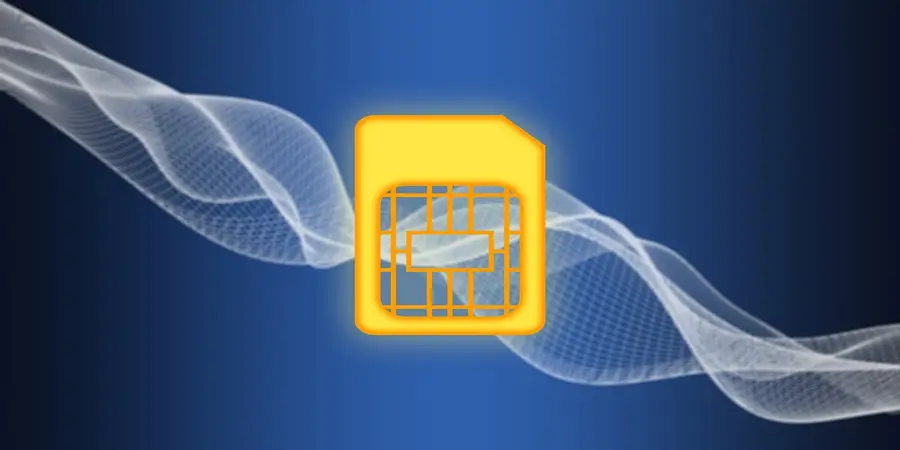The practice of psychological assessment has evolved over the years to include a wide range of tools designed to understand the complexities of human behavior. Among the most respected and widely used instruments is the Millon Clinical Multiaxial Inventory. As mental health becomes an increasingly prioritized aspect of overall well-being, tools like the MCMI serve a pivotal role in shaping diagnostic clarity and therapeutic direction.
Digital Advancements and the MCMI
With the rise of digital health platforms, the demand for online psychological assessments has surged. The mcmi online test format supports remote assessments, offering convenience without sacrificing reliability. Online platforms can automatically score responses and generate detailed reports, which can then be reviewed during virtual or in-person therapy sessions.
What Is the MCMI?
The Millon Clinical Multiaxial Inventory, developed by Dr. Theodore Millon, is a psychological assessment used primarily by clinicians to evaluate personality patterns and psychopathology. First introduced in the 1970s, the MCMI has undergone several revisions, with the most current version being the MCMI-IV, released to align with the DSM-5 criteria.
Theoretical Foundations
Dr. Millon’s theoretical approach combines biological, psychological, and social factors, forming a comprehensive biopsychosocial model. His personality theory emphasizes the interaction of these domains and how they manifest in maladaptive behavior patterns. Each scale in the MCMI corresponds to specific personality constructs based on this theory.
Structure of the MCMI
The MCMI-IV contains 195 true/false questions and is structured around 25 clinical scales, including:
- 15 Personality Pattern Scales
- 10 Clinical Syndrome Scales
- 5 Validity and Modifying Indices
- 3 Grossman Facet Scales
These scales are designed to measure enduring personality traits as well as acute clinical symptoms. The inventory includes tools to assess response validity, ensuring results are reliable and not significantly influenced by defensive responding or random answering.
Clinical Applications
The MCMI is most commonly used in:
- Psychiatric Evaluations: To assist in differential diagnosis
- Therapeutic Planning: To tailor interventions based on personality structure
- Forensic Settings: For evaluations related to competency, criminal responsibility, and risk assessment.
- Pain and Health Psychology: To understand how personality influences coping mechanisms in chronic illness.
By identifying maladaptive traits and psychiatric conditions, clinicians can develop more precise treatment plans that address both surface-level symptoms and underlying personality dynamics.
Benefits of Using the MCMI
- Diagnostic Clarity
The MCMI offers detailed insights that can clarify ambiguous diagnostic situations. For example, if a patient presents symptoms of depression but also shows traits of avoidant or dependent personality, the MCMI can help clinicians differentiate between situational mood disorders and entrenched personality styles.
- Treatment Planning
A thorough understanding of personality can significantly enhance the efficacy of therapeutic approaches. If a patient shows traits associated with narcissistic or borderline tendencies, clinicians can anticipate potential challenges in the therapeutic relationship and adjust their strategies accordingly.
- Time-Efficient Administration
Compared to longer instruments, the MCMI takes relatively little time to complete—typically around 25–30 minutes. This makes it an efficient yet robust tool for busy clinical settings.
- Online Accessibility
Modern technology has transformed how psychological assessments are administered. Many institutions now offer the mcmi online test, making it more accessible for patients regardless of location. Online administration also streamlines the scoring and interpretation process for clinicians, saving valuable time while maintaining reliability.
Ethical Considerations
As with any psychological tool, ethical guidelines must be followed when administering and interpreting the MCMI. Only trained professionals should use this assessment, and results should never be interpreted in isolation. Combining MCMI findings with clinical interviews, history-taking, and other diagnostic tools ensures a holistic view of the patient’s psychological profile.
Limitations of the MCMI
While the MCMI is a powerful diagnostic tool, it is not without limitations:
- Restricted to Clinical Populations: The inventory is not recommended for use with individuals from the general population who are not currently seeking mental health services.
- Cultural Bias: Like many psychological instruments, the MCMI may contain cultural biases that affect how certain traits are interpreted in diverse populations.
- Self-Report Nature: Since it’s a self-report tool, accuracy depends on the respondent’s honesty and self-awareness.
Clinicians should interpret results in the context of cultural background, cognitive ability, and potential response distortion.
Conclusion
The Millon Clinical Multiaxial Inventory remains a cornerstone in the assessment of personality disorders and clinical syndromes. With its strong theoretical foundation, practical utility, and increasing availability through platforms offering the mcmi online test, it continues to empower mental health professionals in understanding the intricacies of human behavior. Whether used in psychiatric hospitals, therapy offices, or forensic settings, the MCMI stands as a testament to the importance of precise, evidence-based psychological assessment.
















